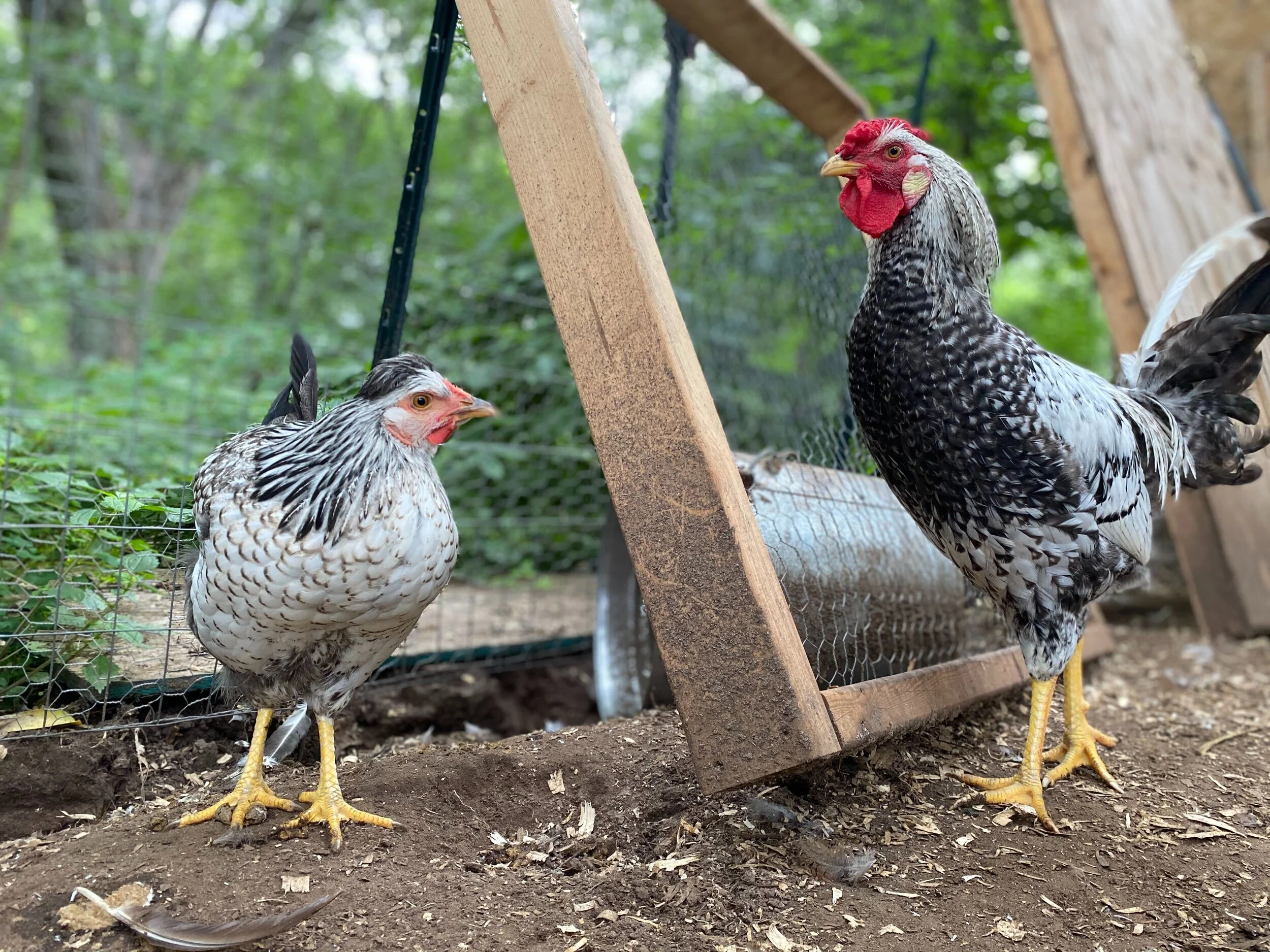You—Not the Big-Box Grocery—Have the Power to Provide Healthy Food in Our Neighborhoods
Want to better your community but don’t know where to start? Enter It’s the Little Things: a weekly Strong Towns podcast that gives you the wisdom and encouragement you need to take the small yet powerful actions that can make your city or town stronger.
It’s the Little Things features Strong Towns Community Builder Jacob Moses in conversation with various guests who have taken action in their own places and in their own ways.
Our urban neighborhoods are facing a pressing issue that harms the health—both personal and societal—of their populations: access to healthy food.
We see it our trendy neighborhoods, where the focus has shifted from the day’s needs to dine-in restaurants and fancy cocktails. And, more important, we see it in our low-income neighborhoods, where the only food option is likely a junk food-ridden convenience store.
The United States Department of Agriculture calls these neighborhoods “food deserts.” You’ve likely heard the term: These are parts of the country (and the world) that lack fresh fruit, vegetables, and other nourishing, nutrient-dense foods.
At Strong Towns, we believe food—food that nourishes our neighbors—is key to building strong neighborhoods, towns, and cities. It’s a subject we’ve dedicated an entire category to on our site, covering topics such as local food, supermarkets, and gardening.
As advocates of Strong Towns who acknowledge the lack of healthy food in our urban neighborhoods, we know we can’t wait for the big-box grocery to bring the goods (and their sea of mostly unused parking spots). Instead, in the usual strong citizen fashion, we must do what we can to provide healthy food in our urban neighborhoods.
Enter Breanna Hawkins—Policy Director at the Los Angeles Food Policy Council—and guest on this episode of It’s the Little Things. As an Angeleno pioneering healthy food initiatives in Los Angeles’s most food-impoverished neighborhoods, Breanna understands first-hand the integral role strong citizens—whether it’s neighbors, corner store owners, or city council people—play in providing healthy food.
And, as you’ll learn in this episode, you don’t need to be a master gardener or a food entrepreneur to help; instead, all you need is a passion for healthy food and a willingness to share it.
(Top photo via FairChild Air Force Base.)





Not only does supporting local farms help with your place’s local economy, but it also has the potential to create a flourishing and connected culture of people—as seen in these stories from Brattleboro, VT.